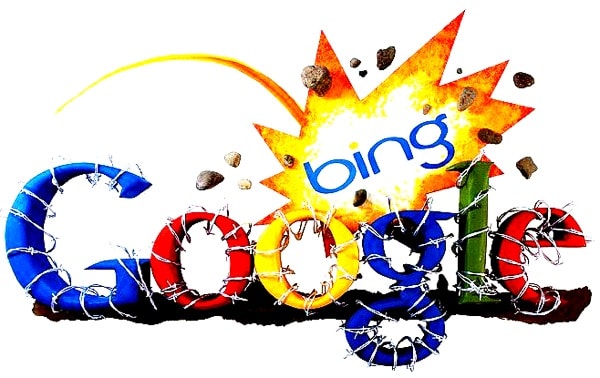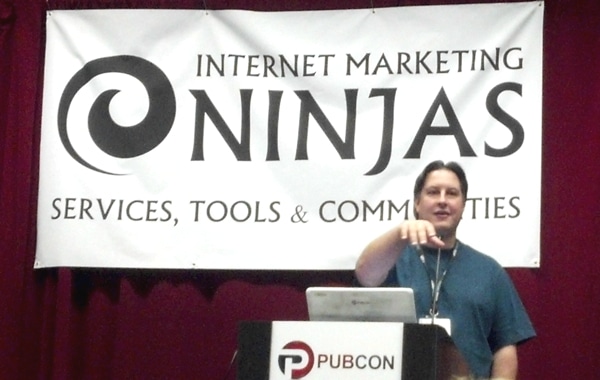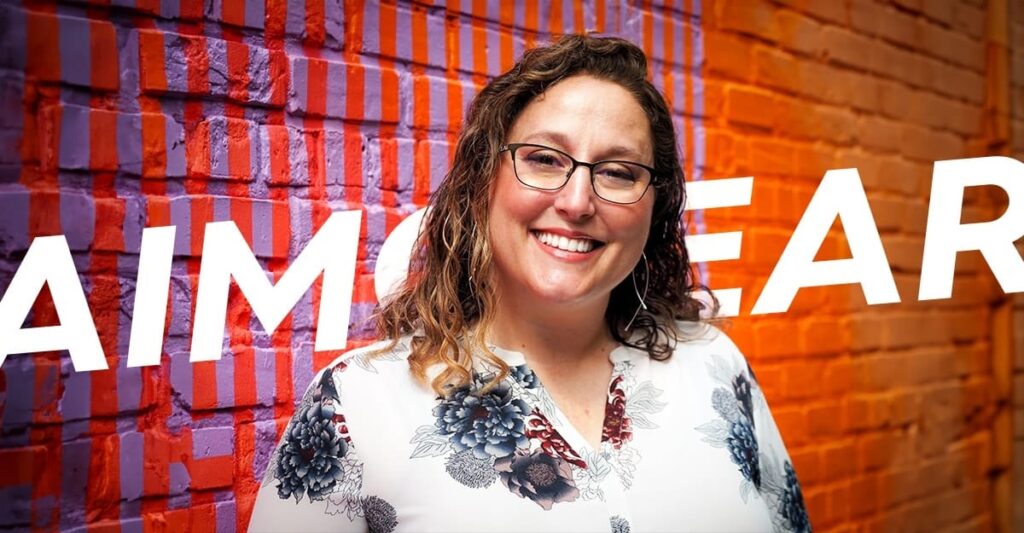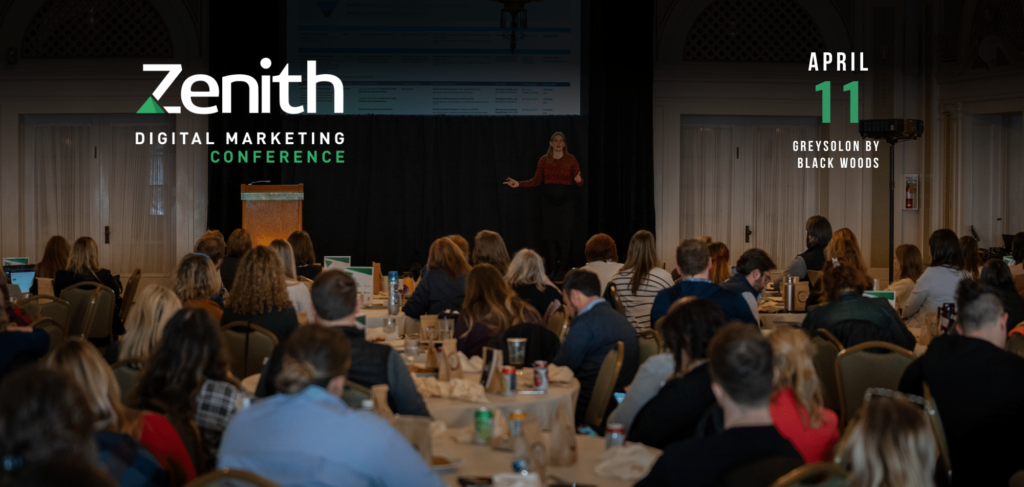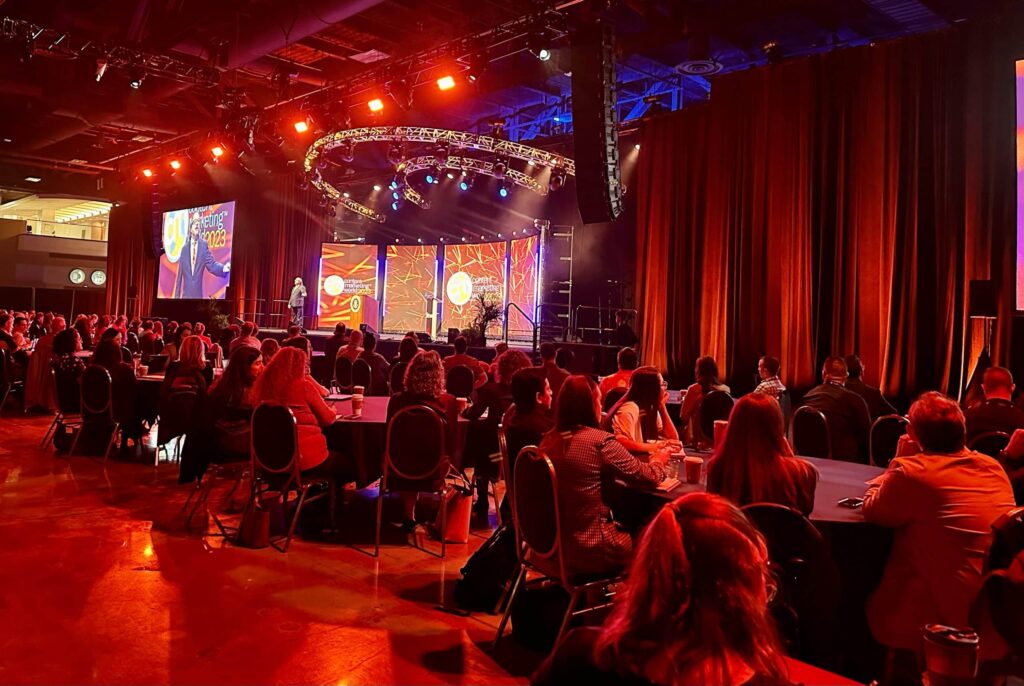Welcome back to our coverage from PubCon in Las Vegas! This year, there has been some heated conversation about Google algorithms, Matt Cutts, and whether or not Google makes a good partner. While Google remains the ultimate search engine powerhouse, we can not afford to ignore other search engines like Bing and Yahoo. Duane Forrester, Senior Product Manager, Bing Webmaster Tools, dove into the latest developments at Bing, dissected top tactics for making your site rank, and delved into strategies for enhancing your site overall during his session, What’s up at Bing?
Duane has 15 years of SEO experience and a diverse background. He has worked with small start-ups and big names in the industry, run the in-house program at MSN, worked at Caesar’s Palace, and found his way to Bing, the other search engine.
So, what’s important to Bing? Not surprisingly, the answer is very comparable to Google’s mantra.
Objectives: Where to Start?
- Content
- Social
- User experience
- Link building
- SEO
Each of the above tactics is important to Bing, and each one must be addressed in order for your site to perform well in this search platform. Marketing at its core has always been about the psychology behind getting a human to take an action you want them to take. It is our job as marketers to get users to click here, invite this group of people, watch this video, and the list goes on.
Content always has been and will remain crucial to success. This is a given. Unique, thought-provoking content will always trump run-of-the-mill, ordinary content.
Bing has partnerships with every major social site and receives data directly from those sources. This is huge! Bing knows when you’re logged in to a social media site and can glean what is important to you through social updates. Social is about making evangelists for your brand who will tell the world why they should do business with you.
In order to achieve a positive user experience, we must practice usability testing. It has a tremendous impact on the quality of a product and it makes a massive difference to your target audience.
Despite what industry folks may say, linkbuilding still matters. Links act as a vote of confidence for your product or site, and they must come to you naturally. If you’re not naturally building links, you need to fix that problem immediately. Evaluate each objective and determine how you can improve upon them to make users want to link to you. Bing understands the context of links. Humans are inherently social creatures, and we love to be the first to break a piece of news to our circles. It is a psychological thrill. We should view linkbuilding as a form of breaking a piece of news to our followers. If you can build an affinity with people through social, do it! This encourages links. Wow them. Make your site a knockout combination of killer content, social media engagement, user experience, and your links will come.
Last bit not least, you can’t forget about SEO. If you’re not optimizing your site and your competitors are, Bing’s algorithm will see that and rank you accordingly.
Qualities of Bing Search
Bing is really starting to make its mark. According to Duane, well over 2/3 of people preferred Bing over Google when they saw the search results in the Bing it On challenge. Much like Google, Bing aims to give people what they’re consistently looking for. Bing’s knowledge graph, Satori, allows Bing to do a better job identifying search queries that mention a known entity. Bing’s use of Satori is similar to the efforts of Google and Facebook in the fact that is has developed a graph-based knowledge base to make queries more understandable.
So, how can you set your site apart from its competition in Bing SERPs? Marking up your site through Schema.org, Open Graph Protocol and other platforms will allow Bing to understand the entity in greater detail. Marking up content helps Bing understand it and provide better results. You don’t want your competitor to have this edge over you. When Bing includes richly marked up results in the SERPs, the CTR is approximately 70-80% higher than content that is not marked up. Need we say more?
Search: Discovery and Interaction
It costs money to crawl a site, a bit less than a penny per site. Whether a searcher stays on your site or not is the ultimate determination of whether your site is good quality. If the user likes what they found on your page, they will likely stay on your page. You’re doing well. It’s important to keep the quality content and checklist of items driving your success going.
If you notice a piece of content brought in traffic and then suddenly fell off, what does that mean? Why are you not ranking for a great piece of content anymore? Because, friends, quality is perceived by the searcher. In these fast times of breaking news and short attention spans, developing fresh content should be a constant.
When a user searches and immediately clicks previous to leave a site because it wasn’t what they were looking for, Bing knows they were not engaged with that site. They know how long it takes a person to read a page and gather the information they need. This means the site owner should do some more usability testing. Why didn’t the user find what they were looking for on your page? Could you have made it more clear? More engaging? More attention-grabbing? Bing must provide the best result for the searcher every time, and in turn, the site owner must make the site what the searcher is looking for.
Reinventing Search Across 3 Dimensions
- Information architecture: Integration of social data and geospatial index
- Interaction model: This is not just the mouse and keyboard, but also voice, touch, gesture and vision.
- Entry points: This is not just the browser, but devices, services and social networks.
These dimensions exemplify the way search is changing.
If you walk to work everyday, your smartphone can remember your route. The bike shop you walk past every day can send you information about its sales without you ever having searched for it. This is big.
The possibilities for mobile are endless and mobile will continue to influence social. Mobile will outcompete desktop usage, with an estimated 25 billion mobiles on the streets by 2021 compared to today’s 9 billion.
You have to adapt to the new businesses that are coming out. Remain ahead of the curve so you don’t get left behind.
Having a better understanding of human behavior is a necessity in order to understand where people are heading. THAT is what users find helpful. Users crave a search experience that knows what they want before they type or say it. Keyword research shows past history data. Nielsen data shows behaviors, so dig through it and find what you need to stay ahead of the game. For example, data that reflects a recent couple getting engaged logically allows us to predict there will be a wedding in the near future. If you’re in the wedding business, you need to be privy to this data so you can market to your target audience.
Search Continues to Evolve
New devices demand different search experiences. The ability for these devices to feed in real time signals helps us handle intent better and therefore provide a more tailored experience. This does not just apply to mobile phones. It applies to any device in which a user can search.
Tactical Strategies for Success
- In social, build followers and fans organically.
- Wall posts/tweets with links are perceived as more credible and useful than updates without links
- Bing conducted an internal survey that asked employees which factor adds the most value in social media. 80% said links add the most social value.
- Cover SEO basics, then focus on content.
- It is worth repeating: Unique, compelling content still works and is imperative to success.
Encourage More Sharing
- Create lists: People love to consume content in list form.
- Use hooks: Whether your hook is ego, humor, anger, or contrarian, they can work well and are highly effective, but be careful with them.
- Participate in communities: If you’re a valued member in a community, the community will support you.
- Take Yelp, for example. You need to be on Yelp. If there is a bad review, fix the problem. Others will see that you fixed it. They want to believe that you are good. It makes them think the bad review was situational.
- Share others’ information: People love when what they share gets shared. Share from trusted sources.
- Ask questions: Your followers will love the interaction and it’ll grow your following as others engage.
The digital universe continues to grow at a rapid pace.
- 2 billion Facebook updates per day
- 300 million Facebook photos per day
- 400 million tweets per day
- 150 million Snapchat photos per day (in less than a year). This is almost a vertical growth line.
- 5 million Foursquare check-ins per day
Technology advances exponentially, not linearly. Think about what you need to invest in this year to help your business thrive 5 years from now.
Siri is powered by Bing. It used to be nothing more than a lookup database, but now its powered by a large scale organism that can understand anything on the internet at one time. Siri is forcing us down the path of voice recognition. As new technologies emerge and advance, you don’t want to be left behind. Take the necessary steps to grow with emerging technology.
Just the FactsÂ
- Bing has 6 billion facts and 28 billion entities
- People: 1.2 billion profiles, connections, interests
- Places: 1.1 million US restaurants alone
- Movies: over 800,000
Natural user interfaces
- Search box is outdated (Searches are being performed via mobile/tablet/elsewhere)
- Enhances intent derivation along with entities and context
- Imbue machines with human-like traits for better HCI
Additional HCI developments
- Deep neural networks
- Advances in semantic understanding
- Sensors on everything
Bing is working to give the searcher everything they want to find. This strategy parallels Google.
Bing: The New Babel Fish
What is the Babel fish? It is a fictitious animal that translates any language into a form the inquirer can understand. It takes signals from different sources and translates it. Search engines, and Bing specifically, are turning into a Babel fish.
As Bing and other search engines continue to evolve, we’re going to experience a whole new way of search and the way we receive information. In order to remain an active player in the industry, marketers must figure out what the next generation wants and build to accommodate their wants.
Thanks, Duane, for a glimpse behind the curtain into all things Bing! We’ll be sharing more coverage from PubCon here, so stay tuned for updates!
